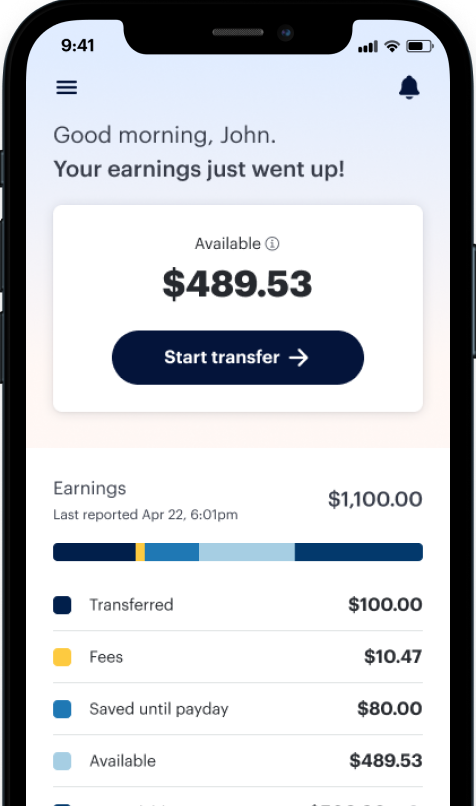As we approach the end of the year, there’s no time like the present for a financial review. It’s a great time to reflect on your financial goals and take stock of your financial health.
Check Up on Your Financial Goals
If you set financial intentions earlier this year, how have they panned out? As 2025 approaches a Motley Fool Money survey found that 69% of Americans plan on making a financial resolution this upcoming year. These goals could look like:
- Saving more
- Paying off debt
- Making more money
- Spending less
- Improving their credit score
When it comes to saving more, older Americans are focused on putting away enough money for retirement, whereas younger people are looking to reach financial goals like getting married and buying a house.
No matter what your intentions were, ask yourself if you’ve made sufficient progress. Did you reach your goals? If not, what challenges set you back? Identifying both progress and roadblocks can help you understand what supports might benefit you going forward. Looking back on your spending and retooling your budget could help you get there in the new year.
See if Your Budget Still Makes Sense
Speaking of budgeting, ask yourself if your current system is still working for you. Some questions to ask yourself might include:
- Am I routinely meeting my financial obligations? (This includes setting money aside for financial goals.)
- Does it feel like I’m living paycheck to paycheck?
- Does my budgeting style feel simple and easy to follow?
- Am I saving enough?
- Has my financial situation significantly changed this year? For example, getting married or divorced, welcoming a child, or experiencing a pay increase or decrease can all affect your budget.
Depending on how you answer, you might consider switching to a new budgeting method that better supports your personality and spending style.
The 50/30/20 rule, for example, splits your spending into three main categories: 50% for essential expenses, 30% for discretionary spending, and 20% for financial goals. This is a great rule of thumb to get someone started on simple budgeting.
Review Your Debt and Income
As of the third quarter of 2024, the national average card debt among cardholders with unpaid balances was $7,236, according to LendingTree data.
As the year comes to a close, consider tallying up your outstanding debt balances and making a plan for paying them off.
As for your income, the end of the year could be a good time to check in on your career goals. You might consider any of the following:
- Negotiating a raise or bonus
- Starting a side business
- Exploring a new career path, which may involve going back to school
- Looking for a new role at another company
Envision a goal for increasing your income over the next year—then make a plan for getting there.
All information herein is for educational purposes only and should not be relied upon for any other use. The information herein does not constitute the rendering of financial, business, accounting, securities, tax or legal advice or other professional advice by DailyPay. No fiduciary obligation or duty exists, or is created, between you and DailyPay. DailyPay does not warrant the completeness or accuracy of any information provided to you.

